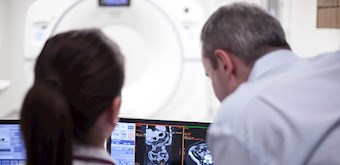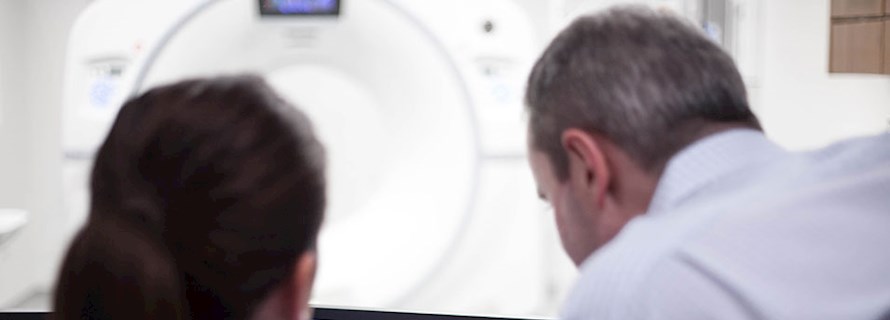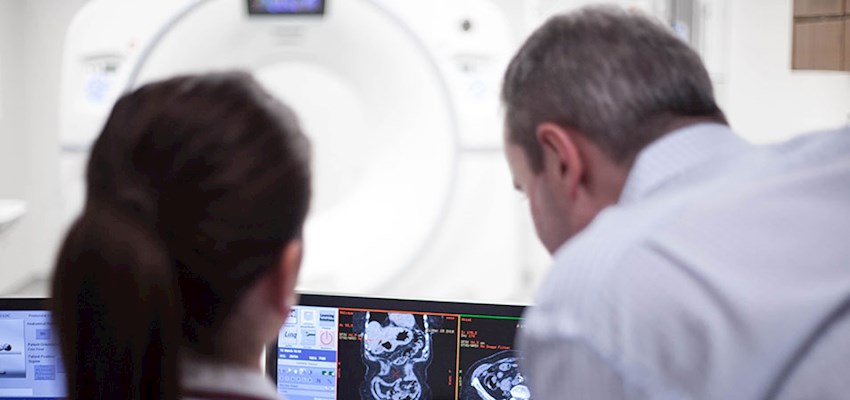Achalasia
Muscle disorder in the gullet
Achalasia is a rare muscle disorder in the oesophagus (gullet), which can make difficult to swallow food and drink
What is achalasia?
When you swallow food, the muscles in your oesophagus (the tube from your mouth to your stomach) contract to push it along. A valve at the end of the oesophagus then relaxes so food can enter your stomach.
Achalasia is thought to be caused by damaged nerves in the oesophagus wall. This damage can be brought on by an infection. Whatever the cause, it can be a painful and troublesome condition.
Need to know
-
What are the symptoms of achalasia? icon plus
The symptoms of achalasia can start at any time in life and tend to develop gradually. They might include:
- difficulty or pain when swallowing food (this is called dysphagia)
- regurgitating or vomiting food after eating
- heartburn (burning sensation behind your breast bone)
- chest pain
- weight loss
- choking and coughing fits
- recurring chest infections
-
How is achalasia diagnosed? icon plus
Your GP or consultant may recommend certain diagnostic tests at a later date. These might include:
- Barium swallow test. This involves swallowing a special liquid that will show up on an X-ray. This lets us examine your oesophagus and identity any abnormalities.
- Endoscopy/gastroscopy. Our consultant will insert a flexible tube with a camera at the end of it down your mouth. This will allows us to look at the lining of your oesophagus and stomach.
- Manometry test. This test involves passing a small plastic tube into your oesophagus to measure pressure waves. These waves indicate how well your oesophagus is working.
-
Potential achalasia treatment options icon plus
Your consultant will discuss your treatment options with you. They each aim to relax the valve at the base of your oesophagus, so food can pass into your stomach.
- Drug therapy: Drugs can help to temporarily relax the valve at the base of your oesophagus.
- Stretching the valve: Using a small balloon, we'll stretch the muscle fibres in the valve to improve swallowing temporarily.
- Muscle relaxant injections: Using an endoscope, we'll inject this toxin to relax the muscle fibres in the valve and improve swallowing temporarily.
- Keyhole surgery: We'll cut the muscle fibres that are failing to relax to improve swallowing permanently.
Our gastroenterology consultants




Our locations
From complex gastric surgery to imaging and diagnostic procedures, we provide exceptional gastrointestinal care across our network of hospitals, endoscopy centres, outpatient and specialist clinics.
Book an appointment
Our team can help with any enquiries or you can make an appointment with one of our experienced consultants.
Call us today
020 7079 4344